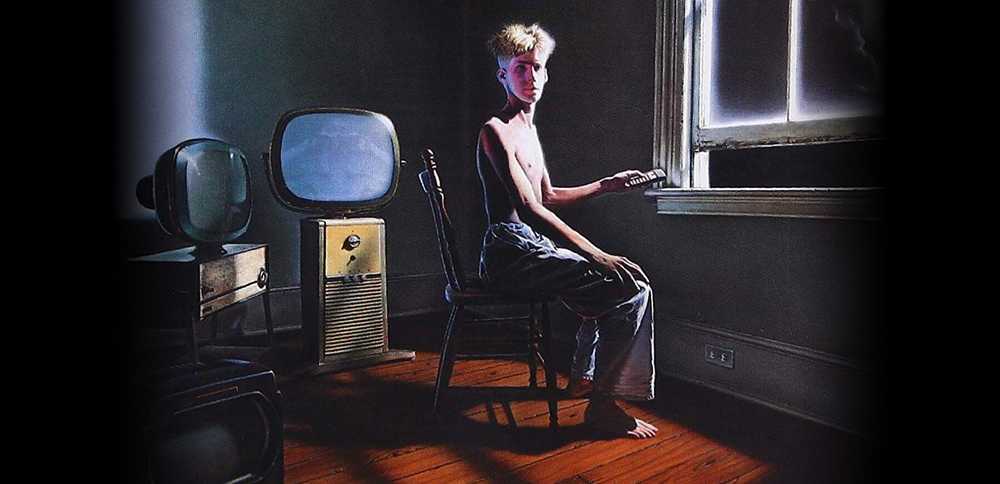Not long ago, programmers at TV networks owned by groups (be they basic cable, premium, or broadcast) decided what the best TV shows for their channels would be.
The programs were subsequently sent to the TV groups’ worldwide licensing divisions in order to recoup any potential deficits with a cleverly devised windowing sequence that would maximize revenues.
Then came SVoD, and all of the sector’s TV groups refocused their resources onto streaming services, abandoning the other channels to their various destinies, and shattering the cleverly created windowing sequence.
Now, NBCUniversal, under the tutelage of new boss Jeff Shell, is adding a new element into the equation that will, once again, test the mettle of windowing.
Under Shell, programming for all of the group’s channels is under one roof. It’s a sort of a Soviet-era commune farming situation, in that decision-making as to which shows get made for which network is now centralized. This new strategy will bring immediate results as it’s cost-cutting (since it reduces the number of programming people employed by the group), and it will move the branding from the networks to the programming. Long-term results, however, will depend on what the winning form of the newly devised windowing sequence will be.
These changes bring up a number of questions, most important of which is, is it better to give the best shows to the weaker channels or continue with streaming as a priority? Giving the least desirable shows to the weakest channels will inevitably lead to their demise.
Another important question that arises is that, assuming that no shows will be exclusive to any particular NBCUniversal channel, what will the most rewarding windowing sequence be?
Drawing from the experience of the popular Schitt’s Creek, is it better to brand a show through a broadcast network (in this case Canada’s CBC), to then run it on a cable channel (i.e., PopTV), and lastly have it make its way onto a streaming service (in this case, Netflix)?
NBCUniversal isn’t new at centralizing programming decisions. It did it in 2013 in Europe by grouping its TV channels in Italy (Studio Universal and Diva Universal), in Spain (Calle 13 and Syfy), and in France (13éme Rue and Syfy) under one centralized office in Paris. The TV channels in Italy and Spain closed their doors soon thereafter.












Leave A Comment